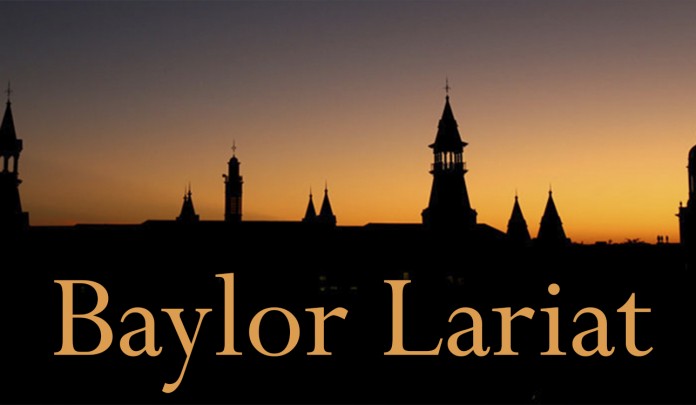By Helena Hunt, Staff Writer
For the first time this semester three of Baylor’s most difficult departments—biology, chemistry, and psychology/neuroscience—have instituted a peer-to-peer mentorship program to usher beginning students through the rigors of their first year.
The Student Ambassadors program, which gives upperclassmen in these programs the chance to tutor and advise their freshmen peers, began as the idea of Dr. Lynn Wisely, the director of undergraduate enrollment initiatives. She noticed similar programs at other universities, and hoped that a university-sponsored mentorship program in the sciences would give beginning students a model for success.
“It’s intimidating to be a new freshman. If you see someone else who has been successful, you realize you can do it too,” Wisely said.
The Student Ambassadors mentor freshmen in their departments and show prospective students what to expect. They have office hours each week and help with New Student Experience Classes. Dr. Hugh RIley, who advises the Ambassadors in the psychology/neuroscience department, described them as intermediaries between students and professors.
Riley said that many incoming freshmen are particularly challenged by difficult introductory neuroscience courses, or merely by the new rigors of college life and life away form their parents. The Student Ambassadors can provide tips and tricks to their young protégés that a professor might not be able to provide.
“Students can come in here ill-prepared. They don’t have good study strategies, they don’t have good time management, they’re too easily distracted and not aware of how much more challenging this environment’s going to be,” Riley said. “But the Ambassadors is a great idea in that it puts them in direct contact with some upperclassmen who have already made that journey. Because I can tell them all day long, that, look, this isn’t high school. And you’re going to work harder than you ever did in high school. They won’t hear it from me, but if they hear it form a twenty-year old who’s just a few years down that path…it resonates better with them.”
Escondido, Calif., junior Jack Olmstead has said that one of his most fulfilling experiences as a Student Ambassador was speaking with a student who seemed like a reflection of himself as a freshman.
“There was one specific student who came into my office hours, and we talked for quite a while, probably towards an hour. He’s a first-semester freshman and a very intelligent guy. He didn’t have any idea of what specifically he wanted to be involved in in neuroscience. He just had a lot of questions about career and how to develop yourself. I felt like I was in the same place as him my freshman year. I didn’t have specific research interests or experience. It was kind of like being able to tell him exactly what I would have told myself back then,” Olmstead said.
Each department has five Ambassadors for this program who spend a collective twenty hours each week in their designated office. All freshmen in their programs are invited to come see them, to ask which professors to take, how to study for their next exam, hot to decide what to research—all the questions that new freshmen have but don’t always know whom to ask.
Wisely said that, although she has the impression that the program has been successful so far, she will soon be designing a rubric that will gauge the Ambassadors’ effectiveness.
“If it proves to be helpful, I would hope the university would find a way to continue supporting it,” Wisely said.






